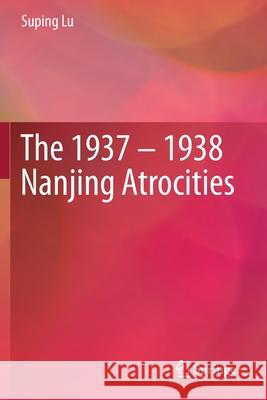The 1937 - 1938 Nanjing Atrocities » książka
topmenu
The 1937 - 1938 Nanjing Atrocities
ISBN-13: 9789811396588 / Angielski / Miękka / 2021 / 586 str.
The 1937 - 1938 Nanjing Atrocities
ISBN-13: 9789811396588 / Angielski / Miękka / 2021 / 586 str.
cena 605,23
(netto: 576,41 VAT: 5%)
Najniższa cena z 30 dni: 578,30
(netto: 576,41 VAT: 5%)
Najniższa cena z 30 dni: 578,30
Termin realizacji zamówienia:
ok. 22 dni roboczych.
ok. 22 dni roboczych.
Darmowa dostawa!
Kategorie:
Kategorie BISAC:
Wydawca:
Springer
Język:
Angielski
ISBN-13:
9789811396588
Rok wydania:
2021
Wydanie:
2019
Ilość stron:
586
Waga:
0.85 kg
Wymiary:
23.39 x 15.6 x 3.17
Oprawa:
Miękka
Wolumenów:
01
Dodatkowe informacje:
Bibliografia
Wydanie ilustrowane
Wydanie ilustrowane











